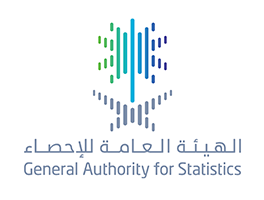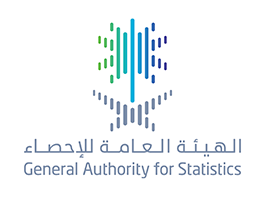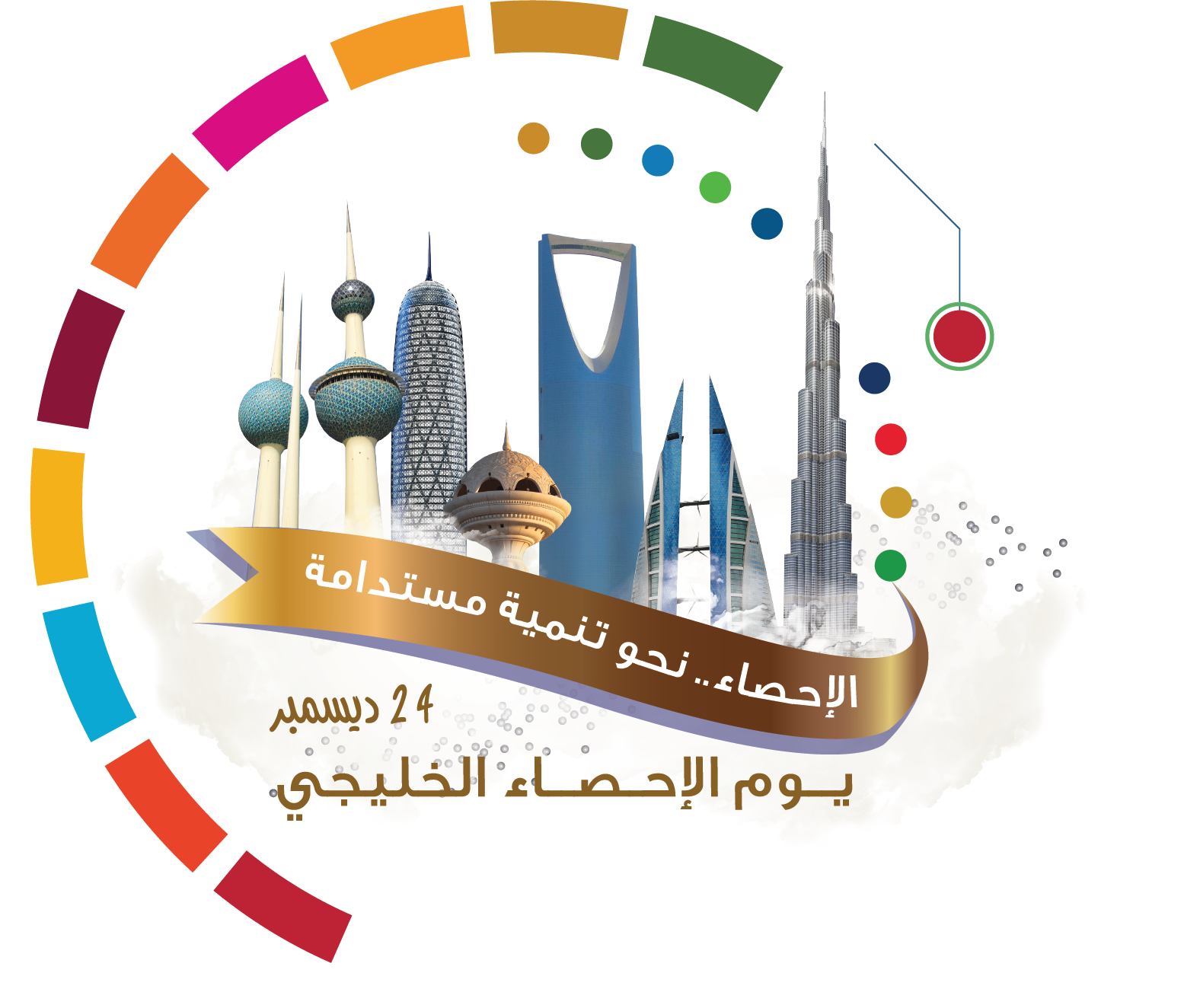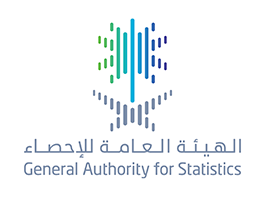Official government website of the Government of the Kingdom of Saudi Arabia
Links to official Saudi websites end withgov.sa
All links to official websites of government agencies in the Kingdom ofSaudi Arabia end with .gov.sa
Government websites use theHTTPSprotocol for encryption and security.
Secure websites in the Kingdom of Saudi Arabia use the HTTPS protocolfor encryption.

GASTAT: Consumer Price Index (CPI) Decreases by 0.3% in December, 2018
23-01-2019

(Saudi and Non-Saudi) Unemployment Rate Drops to 6%, and Stabilizes at 12.9% for Saudi Citizens
22-01-2019

GASTAT Releases the Manual of Statistical Definitions, Concepts and Terms
13-01-2019

“GASTAT’’ Releases Results of (Industrial Economic Environment) Survey 2017
03-01-2019

GASTAT: Consumer Price Index (CPI) Decreases by 0.3% in December, 2018
23-01-2019

(Saudi and Non-Saudi) Unemployment Rate Drops to 6%, and Stabilizes at 12.9% for Saudi Citizens
22-01-2019

GASTAT Releases the Manual of Statistical Definitions, Concepts and Terms
13-01-2019

“GASTAT’’ Releases Results of (Industrial Economic Environment) Survey 2017
03-01-2019